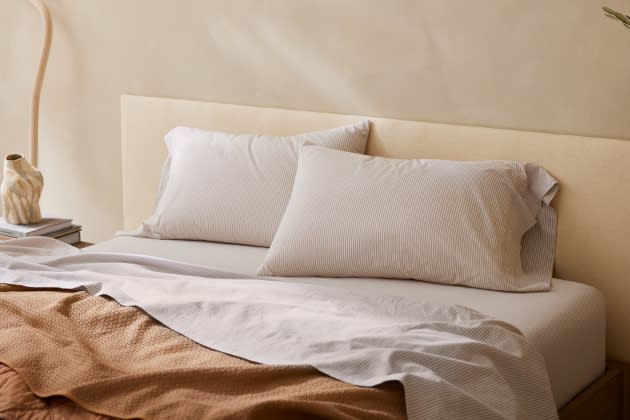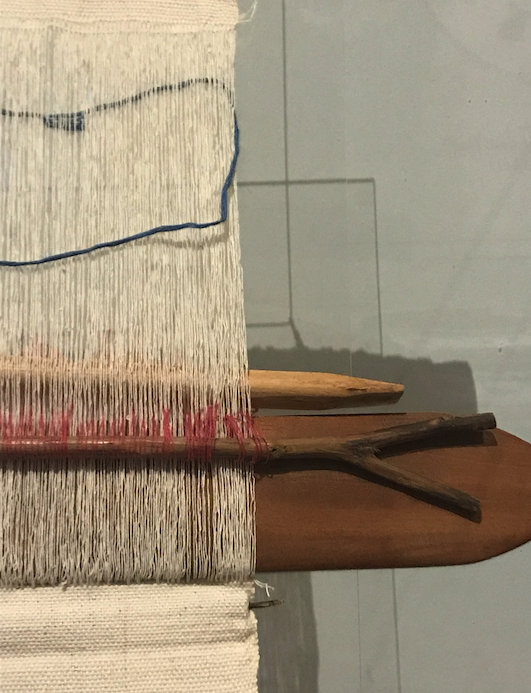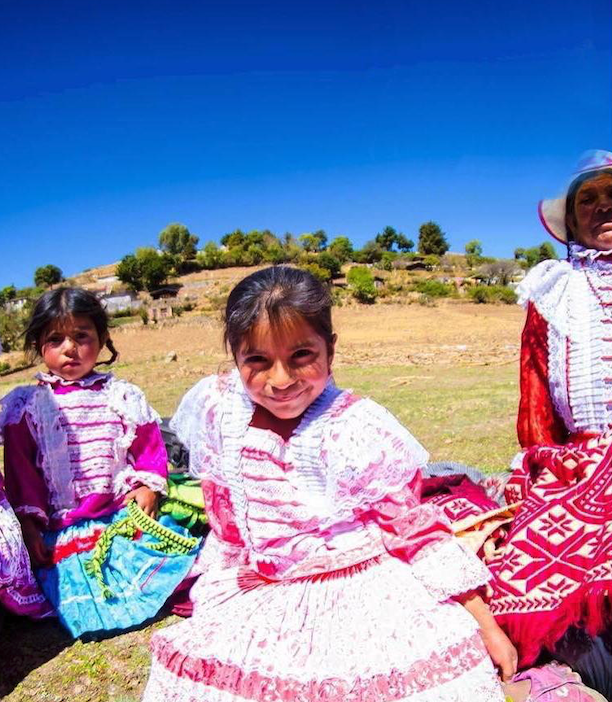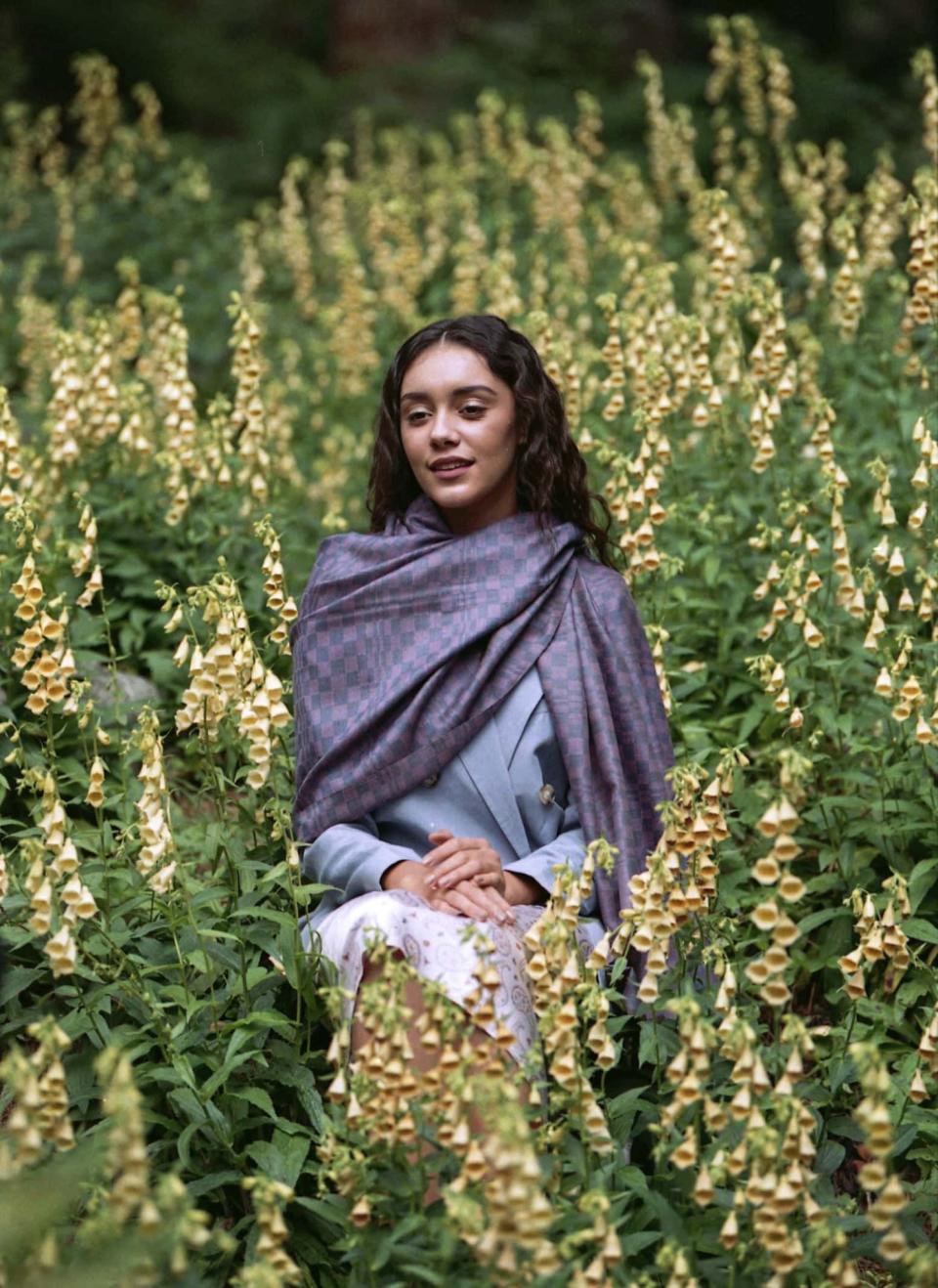These Brands Contend Home, Fashion Swaps Could Improve Women’s Lives

There’s often a reason why a high-quality cotton duvet costs $500 or hand-loomed cashmere scarf upward of $2,750.
For sustainable brands like home brand Coyuchi, or Me & K (which does some private label for The Row) and Latina-founded brand Zenigo, in fashion, quality centers squarely on the labor behind the labels. And for this International Women’s Day on Wednesday, these “slow” home and fashion brands are sharing how their women-led, farmer-first designs speak to lasting social change past a one-off holiday collection.
More from WWD
Bedding, Could Be Better
Cotton represents 22 percent of global fiber production, per Textile Exchange, but as situations such as the Xinjiang cotton crisis show, not all cotton is the same.
California-based home brand Coyuchi looks to keep cotton farmers at the center of its business. The home goods retailer is a founding member of the California Cotton & Climate Coalition, or C4 Coalition, which launched in 2020. Its first “Climate Beneficial” cotton release dropped Wednesday and spans duvets and sheet sets made with 100 percent California-grown cotton sourced via C4. The collection retails for $98 for the pillowcases to $548 for the duvet, online.
“Continually committed to the planet, Coyuchi was founded on the principle that we can build a supply chain that is better for all,” said Eileen Mockus, chief executive officer of Coyuchi. “This is an opportunity for us to provide the highest quality cotton that California is known for to our customers.”
C4 started as a way for farmers, together with other stakeholders, including nonprofits, brands and mills, to work together to make regenerative cotton more accessible and productive. Brand partners include Reformation, Mate the Label, Outerknown and Trace, among other on-the-ground partners. Coalitions such as C4, as with initiatives like the U.S. Cotton Trust Protocol, aim to champion both the social and environmental impact of sourcing C4 cotton.
Brands pay a premium on Climate Beneficial cotton, for example, anywhere from 20 to 100 percent higher than commodity cotton pricing, which allows farmers to incorporate best soil practices meant to help keep carbon in the ground.
More Mindful Clothing

If there’s an antithesis to fast fashion, it’s artisan-made goods.
Zenigo is a Latina-owned lifestyle label whose motto is “mindfulness” — fitting as the New York-based founder Eganie Gonzalez Zaga is also a certified meditation teacher.
“We aim to raise this consciousness through our sustainable processes and by honoring the wise skillful art-craft of artisans among indigenous tribes we collaborate with,” Zaga told WWD. “Our closet is natural wear, we use natural fabrics and fibers in its most raw state and we implement handmade pre-Hispanic techniques of interweaving and hand embroidery, all thoroughly thought to not endanger our Earth with microplastic pollution or harmful processes.”
The brand is a direct trade brand, working directly with artisans from Indigenous tribes in Mexico such as the Nahua community in Sierra Negra or Mazahua community in Valle de Bravo. Working with anywhere from five to 20 artisans at a time, Zenigo pays ahead for the work in an effort to provide financial stability for artisans. Brand styles span traditional baby tops (or “huipil” in the Mexican tradition), shawls, skirts, dresses, jumpsuits, capes and pants. The styles range from $55 to $320 and are available on Zenigospace.com. Most fabric is sourced in Mexico, and Zenigo operates small-scale workshops in Tulum and Mexico City.
“Artisans around indigenous tribes in Mexico have been facing a life threat due to fast fashion imitation of their crafts around the globe,” stressed Zaga. “Supporting them, not only in their craft, but in protecting their lifestyle and traditions, as well as attempting to raise consciousness into handmade clothing, has been our mission for the past decade.”
Since the brand’s beginnings in 2011, Zenigo has grown — exhibiting its textile creations in Europe and Tulum, as recently as 2020.
“Nowadays our mission keeps evolving with the collective consciousness and the world. We are a platform, a space, a d?j? not only of slow fashion but of slow living promoting care for the people and the Earth,” said Zaga.

The Row-Worthy Accessories
Similarly, Me & K is another brand celebrating artisans at its — albeit, high-end — core.
Started by Kashmiri cousins Mujtaba Kadri and Rauf Shaw in 2008, Me & K advocates for the enduring story, quality and craft of authentic pashmina. The brand’s range of scarves and the like are handwoven by skilled artisans in the Valley of Kashmir in the Indian Himalayas. (And the brand’s handloom quality speaks for itself, as they do some private label offerings for The Row).
In its fall 2024 look book, Me & K’s small-batch, colorful designs span Piet Mondrian-like color blocking, neutral gradients and bold checks, in a careful edit of fern green, burnt orange, slate, olive and ice gray, among others.
Me & K Home, a line of cashmere throws, recently launched and its general product range spans everything from elaborate neckerchiefs for $95 to caftan-like shawls for $7,500.
Pre-pandemic stockists included a range of retailers such as Bloomingdale’s, Harvey Nichols, Le Bon Marché, Lane Crawford, Takashimaya and United Arrows. But when the pandemic hit, the brand was forced to reconsider its mission amid canceled orders, which was the reality for many smaller brands.
“Me & K collaborates with various women’s cooperatives to enhance their hand-spinning abilities by providing them with two to four weeks of training. Upon completing the training, the cooperatives are gifted with pedal-driven spinning mills, which have helped to double their productivity and income. On average, Me & K have been able to train 200 women every year since 2021,” Kadri told WWD.
Through the “Feed the Loom” program, Me & K ensures year-round work for the weavers, without any strict timelines, providing them with much-needed flexibility. Payments are sent weekly to the women, who in turn, can consult year-round.

Why Artisan-Made Matters
The benefits of established artisan models, worker-owned cooperatives and sourcing coalitions are multifold.
Esha Chhabra, a journalist and author of the upcoming book “Working to Restore” (slated for March 21) spoke to WWD on the importance of long-term social change — past a one-off Women’s Day collection.
“In the world of international development, it’s understood now that women are often the gateway to creating social change in a community. If a woman is financially empowered, she then makes better choices for her family, her children, and the health of everyone around her. Thus, to support the work of a woman has a ripple effect that can be meaningful for her community.”
As Chhabra highlights in her book, small-to-midsize enterprises such as French footwear brand Veja or ethical jeweler Soko are going straight to the source to develop mutually beneficial relationships.
“Whether you’re working with farmers, artisans or other small-scale manufacturers, it’s always more impactful to create a long-term relationship because that’s how you create lasting change in communities, whether it’s economic or social,” reiterated Chhabra. “If you just come in, buy from them once, or do a special collection based on their skillset, but then leave, then what have you achieved?”
Best of WWD